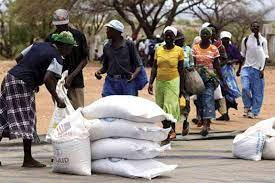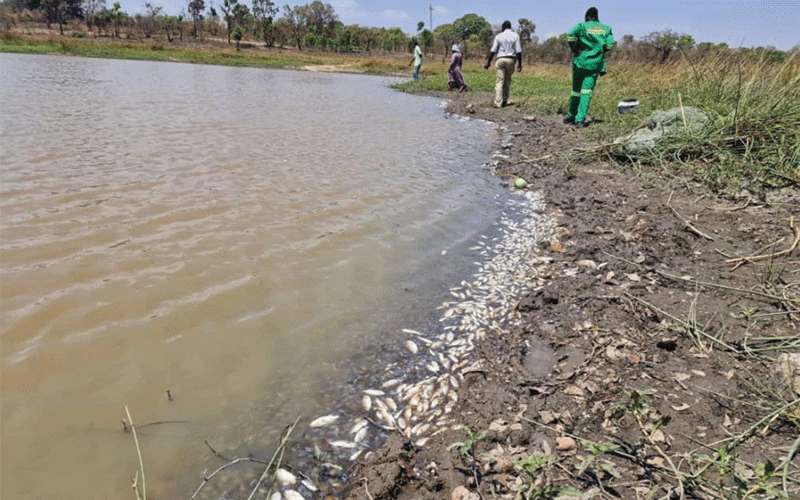
A MAJORITY of Zimbabweans must brace themselves for the looming hunger and poverty in response to the reinstatement of duty on basic commodities, the National Consumer Rights Association (NACORA) has said.
NACORA’s statement comes after the World Food Programme’s Hunger Map LIVE monitoring platform indicated that more than 40% of people in Manicaland and Mashonaland Central fall into the high risk and deteriorating categories of food shortages.
The organisation said the food shortages would be fuelled by the rescission of the duty free status of basic commodities announced by Finance, Economic Development and Investment Promotion minister Mthuli Ncube last week.
NACORA co-ordinator Effie Ncube said the repeal of the law would make it unbearable for the already struggling consumers in the country.
“This development will inevitably lead to price hikes as businesses price in the duty. This comes at a time when consumers are already struggling under the unbearable and debilitating burden of unaffordable prices,” he said.
“For disadvantaged households who constitute the overwhelming population of Zimbabwe, this means a life of abject poverty and hunger. This is a highly irresponsible and insensitive policy.”
However, United Refineries group chief executive Busisa Moyo said the government understood the potential of inclusive commercial value chains.
“Supporting locally-manufactured goods is just the tip of the iceberg; below it is employment creation, production expansion, economic growth and social development,” he said.
- Govt to distribute grain as hunger stalks millions
- Coping with drought through WFP’s resilience programme
- Zim’s urbanites facing high prices
- 3,8m villagers face hunger
Keep Reading
Moyo said an increase and expansion in capacity utilisation of manufacturing, resource primary producers and other value chain players through focused financial services, would see a virtuous cycle in poverty alleviation and stemming informalisation.
Meanwhile, in a statement, the World Food Programme (WFP) said while food shortages would be extreme in Manicaland and Mashonaland Central, the risk to food security would be moderate and stable in the remaining provinces.
According to the same report, the dry conditions experienced before the rains in mid-December resulted in more than 7 000 cattle deaths across Zimbabwe.
“Manicaland and Mashonaland Central are in high risk and deteriorating categories, with an average prevalence of over 40%. Matabeleland North and Masvingo are stable, while the rest of the provinces have moderate and stable food security risks,” WFP said in the report.
The report also revealed that Zimbabwe's annual inflation rate reached 27% in December 2023, driven by an increase in the cost of housing, utilities, food and alcohol. The combined Consumer Price Index rose by 4,7%, and the official exchange rate rose by 5%. The FAO Food Price Index declined by 1,8 points.










